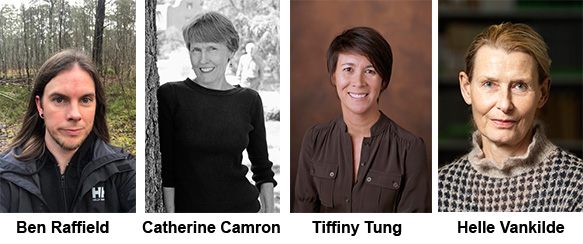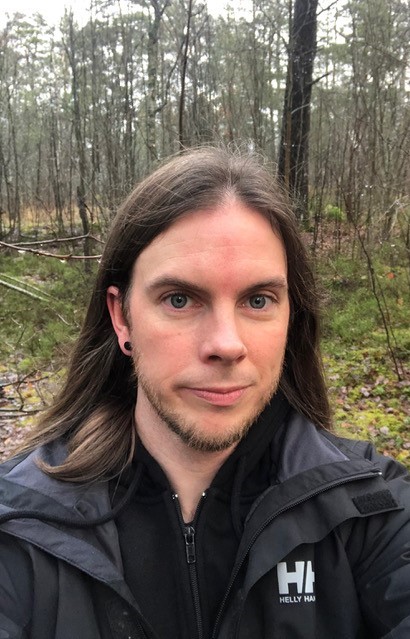Warfare and violence have played a fundamental role in shaping the development of human societies since prehistory. While deliberate attempts were made by academic archaeologists to downplay discussions of conflict during the 20th century, the last thirty years have witnessed a surge of interest in the subject. Early seminal studies of historic battlefields gave way to the rise of a more socially-oriented archaeology of conflict, which has since expanded to incorporate holistic studies of martial society and organisation, bioarchaeology, conflict landscapes, and gendered approaches to violence (among many others). These developments have taken place in parallel with the emergence of an anthropologically-informed archaeology of captivity and enslavement. In recent years, scholars working in this field have produced numerous ground-breaking studies that focus on lived experiences of violence, forced migration, and unfreedom, not only in large-scale global contexts but also among smaller-scale or non-state societies. This innovative field of research is now providing insights, for the first time, into the lives of historically-marginalised groups that have previously been described as archaeologically ‘invisible’ or ‘unseen.’
Despite the inherent associations of violence and conflict with captive-taking, enslavement, and the application of coercive power, to date there have been few opportunities for archaeologists working in these closely related fields to come together in order to discuss, explore, and share ideas within a dedicated, international setting. This PhD course will bring together students engaged in the archaeological study of these topics – in both the distant and more recent pasts – in an open and inclusive forum. Participants will be joined by a number of invited experts who are world leaders in these fields. The eclectic mix of speakers has been chosen in order showcase the breadth of theoretical and material data at our disposal, while introducing students to a range of new historical and archaeological case studies from around the globe
Course Work
The course will consist of both seminars and lectures. Before the course starts, each PhD student will prepare a paper for pre-circulation, addressing her or his research project in relation to the course theme. In the course seminars, each paper will be allotted ca. 45 minutes, beginning with the student presenting a 15-minute summary of its contents. One of the other PhD students will be selected in advance as a discussant and comment for about 10 minutes, after which she or he will then chair an open discussion on the paper for approximately 20 minutes.
The participating lecturers will each give a lecture during the course, as well as participating as prime movers in the discussion of PhD presentations. The seminar days will be structured with adequate time for spin-off debates and networking opportunities in mind.
Lecturers

- Dr. Ben Raffield (Uppsala University)
- Professor Helle Vankilde (University of Aarhus)
- Professor Catherine Cameron (University of Colorado Boulder)
- Associate Professor Tiffiny Tung (Vanderbilt University)
Credits
1 month or 7 ECTS
Location, Travel and Costs
The Graduate School will finance and arrange travel and accommodation, and supply a daily allowance during the seminar for all participating PhD students who are part of the Dialogues With the Past Network. Two and two PhD students will be accomodated in twin rooms.
Registration
The Graduate school invites all registered PhD students to apply for participation. Please fill out the application form to apply for the course (in English only). From these applications, c. 15 PhD students will be admitted to the course.
For more information, please contact: dial-past@iakh.uio.no
Important Dates
Application for participation: July 2, 2021. Confirmation on your participation will be sent out shortly after this date.
Submission of working papers (10 pages, Times New Roman 12, Spacing 1,5): September 1, 2021

